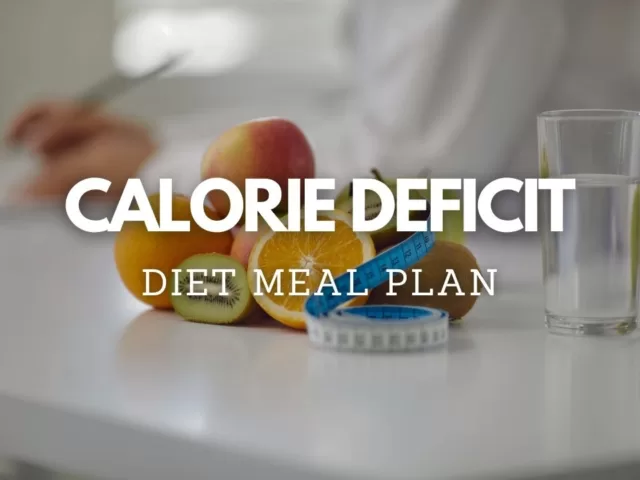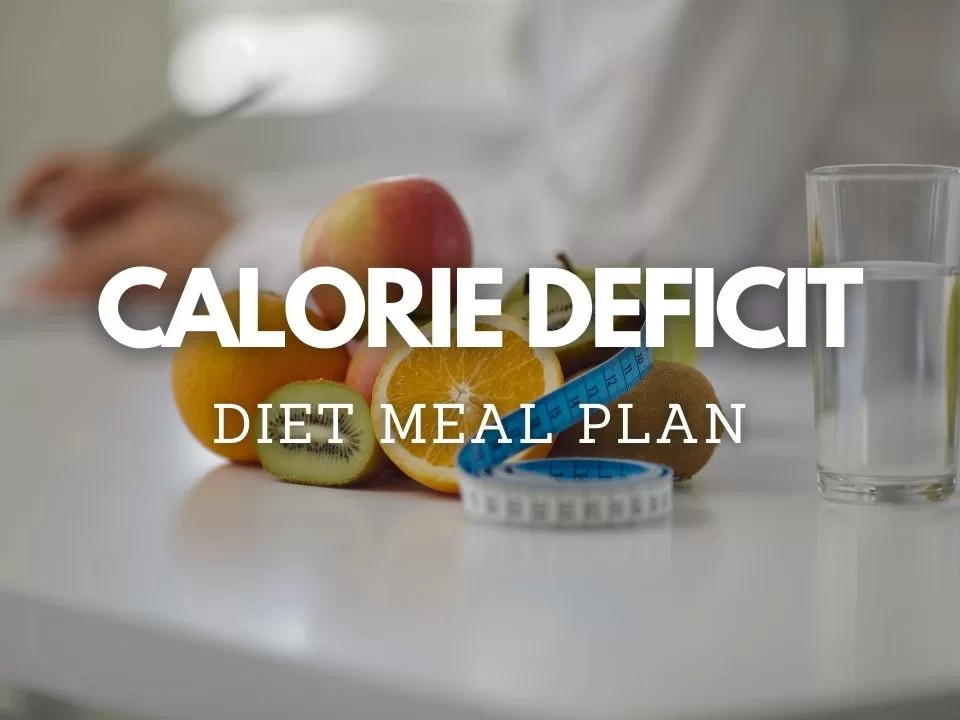
Effective weight management is not merely about restraining your food intake. It’s about finding an equilibrium between what you consume and how much energy your body releases. The journey to lose weight is to understand calorie deficit and the diet plan.
Understanding Calorie Deficit
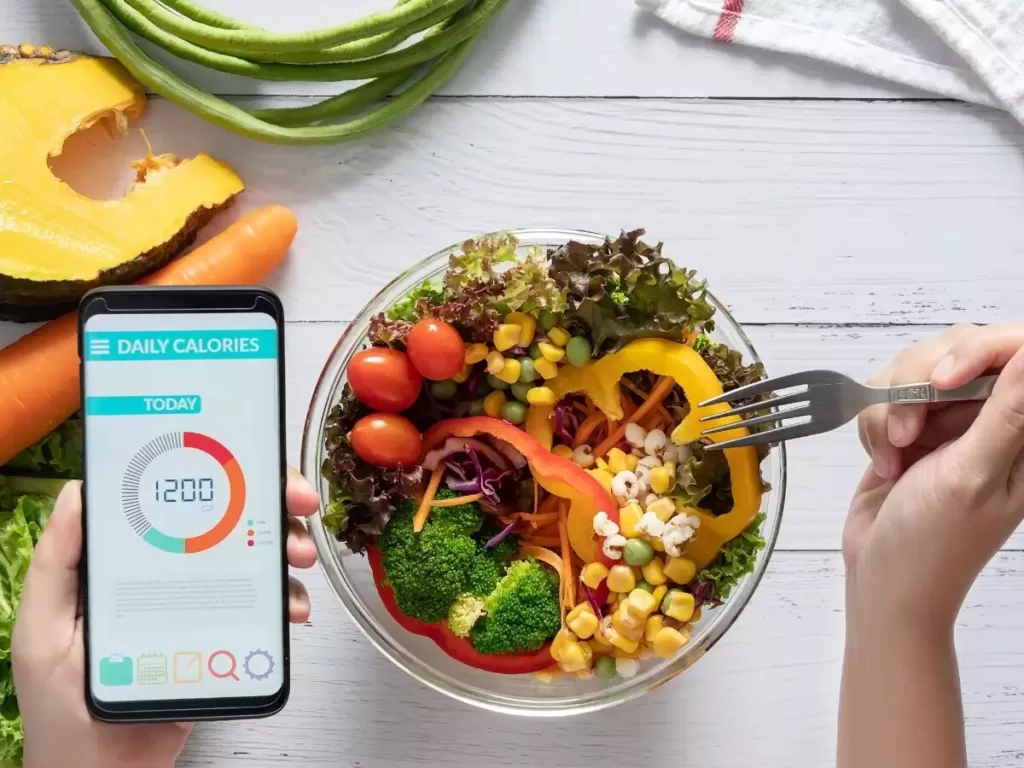
Image via The Times of India
A calorie deficit means consuming fewer calories than your body burns. It is the key to effective weight loss. When you consume fewer calories, it creates an energy gap, prompting your body to tap into stored fat for fuel, ultimately leading to weight loss.
To achieve a calorie deficit, you can either reduce calorie intake through mindful eating or increase your physical activity to burn more calories. It’s a personalized approach that involves understanding your body’s energy balance and making intentional choices to promote sustainable and healthy weight loss.
Designing A Diet Plan
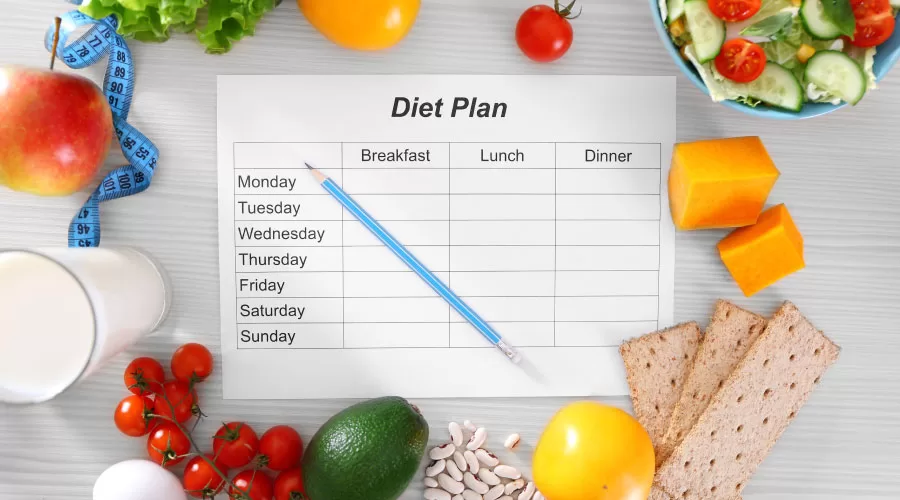
Image via Healthkart
Crafting a calorie-deficit diet plan is a personalized journey for you. Begin by calculating your basal metabolic rate to understand the calories your body needs at rest. You can create a moderate caloric deficit, around 500 calories, to kickstart gradual and sustainable weight loss. When planning your meal, prioritize protein, whole grains, fruits, and veggies, ensuring a balanced meal on your plate.
Remember to plan based on your preferences and lifestyle. Regular adjustments ensure your calorie deficit diet plan evolves with you on your path to a healthier you.
Tips For Success
Calorie deficit to lose weight is easier said than done. Luckily, there are a few tips for you to follow in your calorie-deficit diet plan.
1. Mindful Eating

Image via CNET
Listen to your body’s cues. Savor each bite consciously to promote awareness and prevent mindless overeating. If you ever feel like gobbling all the food, remember why you started a calorie deficit first.
2. Unprocessed Food
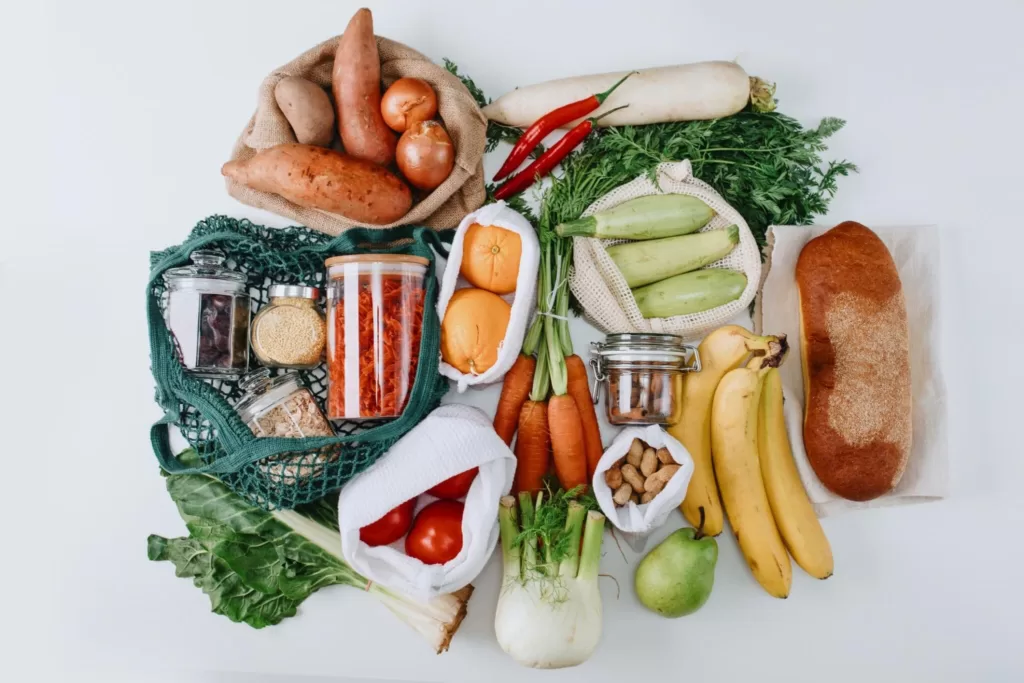
Image via EcoWatch
Try to eat unprocessed foods more. They are rich in nutrients and also very filling. This can contribute to sustained weight loss effectively. You can also check out these local superfoods that are cheap and healthy!
3. Hydration
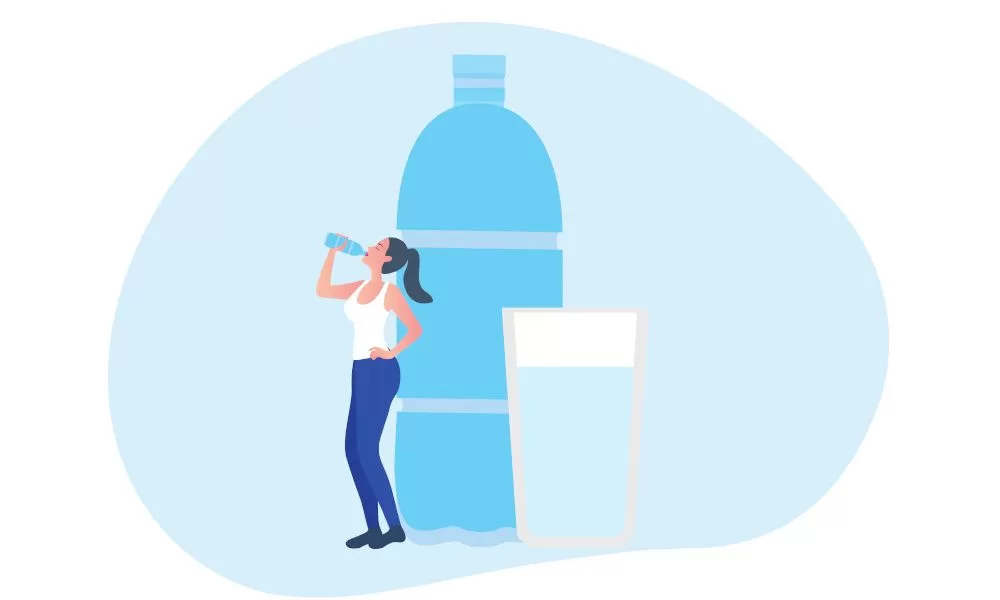
Image via Nutritional Outlook
Water can help to speed digestion and keep you feeling full. Staying hydrated is the key to your body’s metabolic processes during weight loss.
A calorie deficit journey demands mindful choices. Remember, don’t be so hard on yourself if you fail to eat within the calorie limit for the day. Embrace your weight loss journey. Love yourself and your body!




